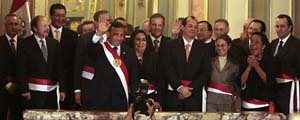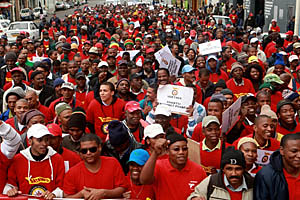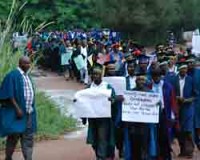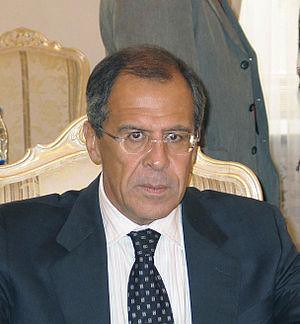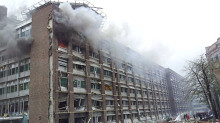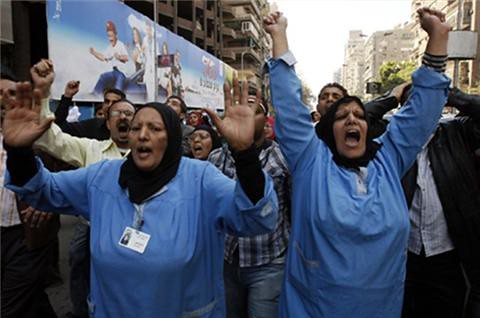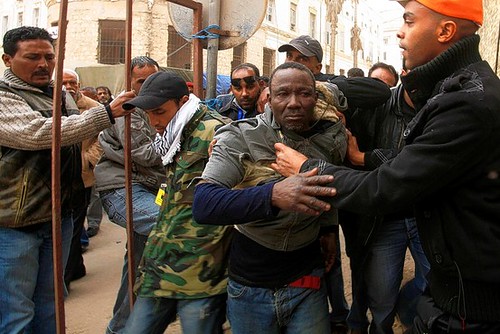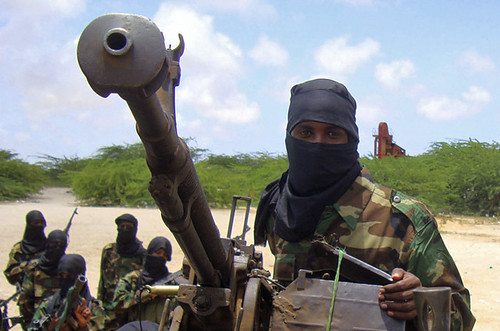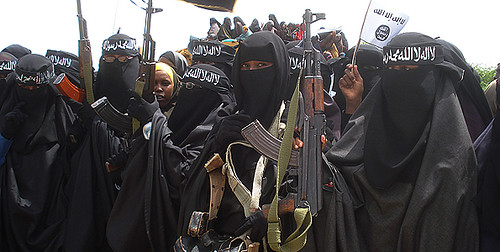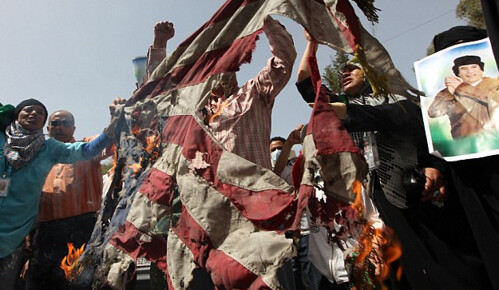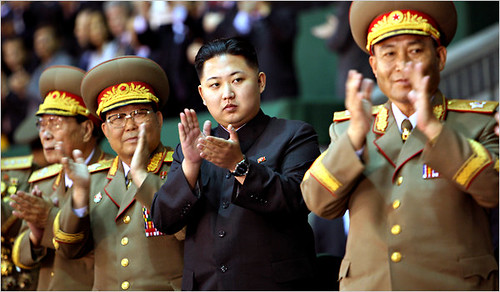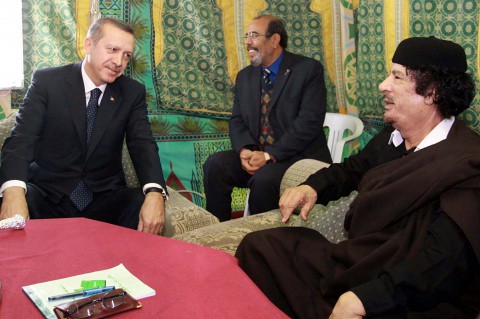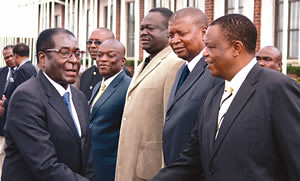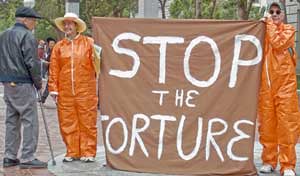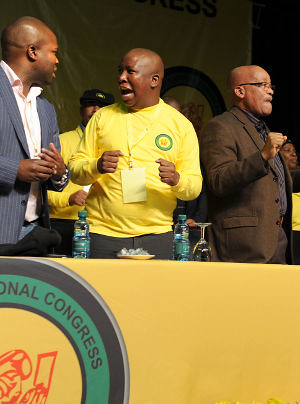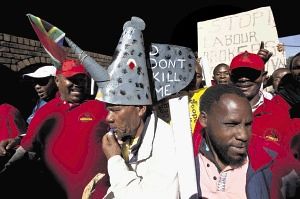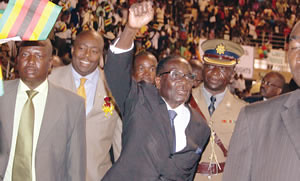
PRESIDENT Mugabe waves to children who attended yesterday’s independence party he hosted at the City Sports Centre in Harare. On his right is Youth Development, Indegenisation and Empowerment Minister Saviour Kasukuwere., a photo by Pan-African News Wire File Photos on Flickr.
President hails uniformed forces
Monday, 01 August 2011 02:00
By Innocent Ruwende
Zimbabwe Herald
PRESIDENT Mugabe has commended the uniformed forces for their professionalism and discipline which has seen them serve on United Nations observer and peacekeeping missions on several occasions.
Speaking at the 2011 President's Medal Shoot Competition at Cleveland Rifle Range in Harare yesterday, the Head of State and Government, who is also the Commander-in-Chief of the Zimbabwe Defence Forces, said their discipline and professionalism was a constant source of pride.
"So well have our forces acquitted themselves that, for years, and on several occasions, they have been called upon to serve on missions in Southern Africa and beyond under the United Nations observer and peacekeeping missions," he said.
On the competition, the President said it was an essential sporting event which is relevant and in line with the forces' crucial role of maintaining law and order and defending the country's sovereignty.
"The need for good weapon-handling and the development of marksmanship by uniformed forces are indeed requisite skills exercises essential for the forces that are at all times expected to react promptly and appropriately to any situation demanding their efficient use of weapons.
"Since its inception, the competition has seen an increasing number of non-uniformed participants and, this year, our latest addition to the competition are the participants from the Commander of the Army's Executive Interactive Initiative."
He said their participation in the shoot clearly demonstrates the level of confidence and trust invested in the uniformed forces by civilians.
President Mugabe said such events should continue to attract more civilian participants, whose role of the defence of the country's sovereignty is equally invaluable.
"It is also pleasing to note that the number of female participants in the Medal Shoot Competition is constantly increasing in this competition which used to be exclusively a male domain.
"This is as it should be, a true reflection of positive response to our calls for gender sensitivity and female representation in all activities of our country.
"Women should take the medal shoot competition seriously and match their male counterparts in every aspect of the competition, just as they do in other roles of defending and consolidating our hard won Independence," he said.
President Mugabe thanked Mbada Holdings and Natec Arms Zimbabwe for donating towards the competition.
Corporal Fredrick Gobo was this year's champion at arms and walked away with the Independence Trophy and US$2 600 cash. He was followed by Warrant Officer Class 1 Mike Masiya and Major Noel Ncube.
In the female category, Corporal Locadia Chakwakuka scooped the first prize and walked away with the Nehanda Trophy and US$1 100.
Sgt Evelyn Fimba and Sgt Winnet Bhero came second and third respectively.
Zanu-PF leaders urged to stay in touch with grassroots
Monday, 01 August 2011 02:00
From George Maponga in Masvingo
Zanu-PF leaders should maintain constant touch with grassroots members for the party to maintain its historic connection with the people, a senior party official has said.
The party's director in the commissariat department Retired Air Marshal Henry Muchena said senior party leaders should be abreast with challenges being faced by the people.
Addressing party leaders from Masvingo province during the provincial inter-district conference at the weekend, Rtd Air Marshal Muchena also called for unity in the province.
"What we are saying is that a person cannot be a leader if he or she does not have grassroots support, for one to be called a leader he or she must participate in the cell meetings, village meetings right up to the top because people are at the grassroots and you cannot be a leader if you do not know what is happening at the grassroots."
He said the leaders should make sure that there are familiar with activities in the villages.
"Even the war of liberation was won because of grassroots support, so we can only win back our support as a party if we are leaders who have a regular connection with the grassroots," he said.
Rtd Air Marshal Muchena said Masvingo was a party stronghold from independence. He blamed recent losses in elections on senior party members who had lost touch with the people.
"In 1980, when Zanu PF won the first free and fair elections 32 percent of the votes came from Masvingo province and during the 2008 elections Masvingo did not fare as expected," he said.
He challenged the leaders to mobilise and get back the supporters who did not vote for the party in the March 2008 harmonised elections.
The director said the leaders should not use factionalism to justify the loss in 2008 saying it was non-existant. "There is nothing called factionalism which people should take advantage of and claim that Zanu-PF is losing support in Masvingo because of factionalism.
Factionalism only exists to people who are not party supporters but those who support individuals and such people are not Zanu-PF members," he said.
Rtd Air Marshal Muchena warned against rumour-mongering which caused divisions within the party.
He said members should be guided by the party principles and ideologies to protect Zimbabwe's legacy of being a truly independent and sovereign country.
Provincial chairman, Cde Matuke said his party was geared to reclaim all the seats lost to the MDC in the last elections.
He urged party supporters to shun violence and campaign peacefully by articulating policies and programmes that are responsive to the people's needs.
The conference was attended by senior Zanu PF leaders in Masvingo among them Politburo members Cde Stan Mudenge, Josiah Hungwe and Masvingo Governor and Resident Minister Cde Titus Maluleke.
Empowerment of youth lauded
Monday, 01 August 2011 02:00
Herald Reporter
Youth Development, Indigenisation and Economic Empowerment Minister Saviour Kasukuwere has hailed President Mugabe for his overwhelming commitment to youth empowerment and development.
Minister Kasukuwere said this at the Outstanding Young Persons of Zimbabwe Awards Ceremony of Junior Chamber International.
"President Mugabe over the past three months has created more time for young people than ever before in trying to make sure that the young Zimbabweans continue to excel in their respective fields and do the country proud."
The President, on June 27 to July 1 took with him several youth leaders to the African Union Summit meeting held in Malabo, Equatorial Guinea.
"In that meeting President Mugabe emphasised the need for African governments to link African resources to the youth of the continent to ensure national development," Minister Kasukuwere said.
The President also spent the whole day on July 16 with the youths during the official opening of the Junior Parliament.
"In his address to the thousands of young people who witnessed the official opening of the Junior Parliament President Mugabe insisted that education remains the cornerstone of youth development in Zimbabwe," he said.
Minister Kasukuwere said President Mugabe also emphasised the need to make skills education relevant to the needs of Zimbabwe, especially in the mining sector.
President Mugabe last week attended the United Nations High Level meetingon youths in New York and was accompanied by youth leaders under the umbrella of the Zimbabwe Youth Council.
\"This has demonstrated that President Mugabe's commitment to youth development is unquestionable," he said.
Minister Kasukuwere, during the presentation of an award to young leaders, noted that President Mugabe's commitment was critical capital for youth development in Zimbabwe.
